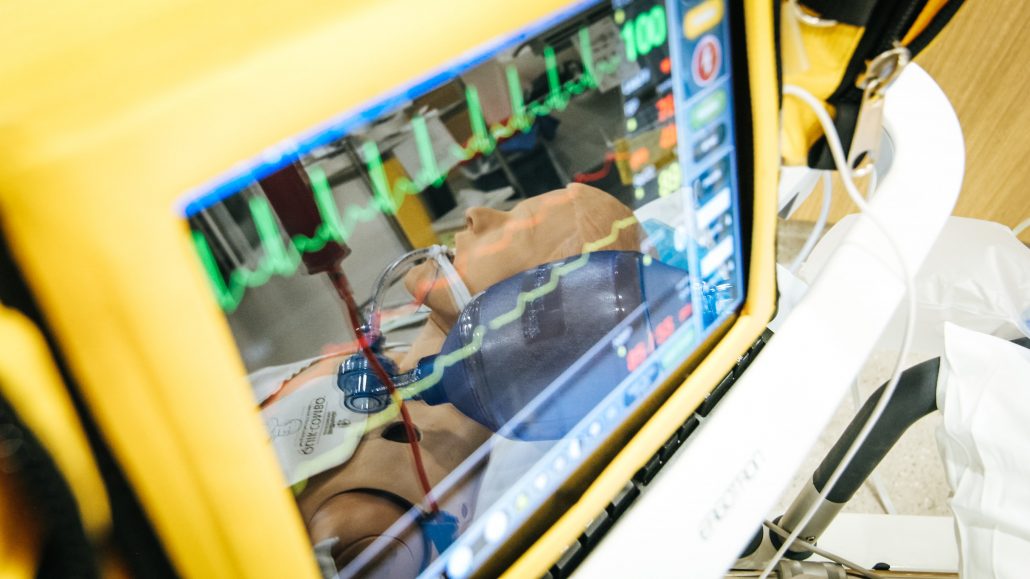How To Leverage Social Media To Get More Agency Shifts
A few weeks ago, we were telling you about agency shifts and how to become an agency nurse. Agency nursing has helped a lot of healthcare professionals be in control of their time, their schedule and their finances.
Over the last few years, agency nursing has gained popularity. 54.53% of the nurses in the NMC register do not work in the NHS. There is a huge possibility that a huge chunk of the registered nurses outside the NHS is in Agency Nursing while the rest are employed in private facilities.
The availability of agency shifts at one’s fingertips has exacerbated the need for some to switch from working in an institution permanently to being an agency nurse.
We have received enquiries about agency nursing and the availability of agency shifts should one decide to take on agency nursing full-time. In case you are wondering how to find shifts on social media here are a few tips on how to leverage social media to find agency shifts.
- Open a LinkedIn account and list your qualifications and most importantly your location. Also indicate that you are open to work and be specific that you are interested in temporary or part-time placements only. Make sure you are active on LinkedIn and check your messages regularly. Find agencies in your area that are hiring and apply. Be sure to keep your updated CV handy so you can easily apply for any job.
- Search for jobs hashtags on Twitter and Instagram for example use the following hashtags #birminghamjob, #extrashiftsdudley #agencynursing #agencynurse.
- Join Nurses’ recruitment groups on LinkedIn and Facebook and regularly check if agencies are not posting part-time vacancies and shifts.
We can help you get started on your agency nursing journey. If you need more information about becoming an agency nurse, call us on 03300300031 or email us info@myshifts.work









